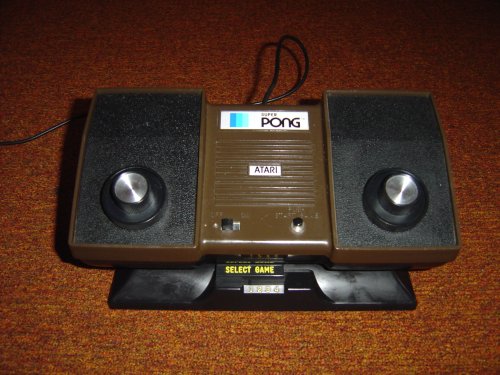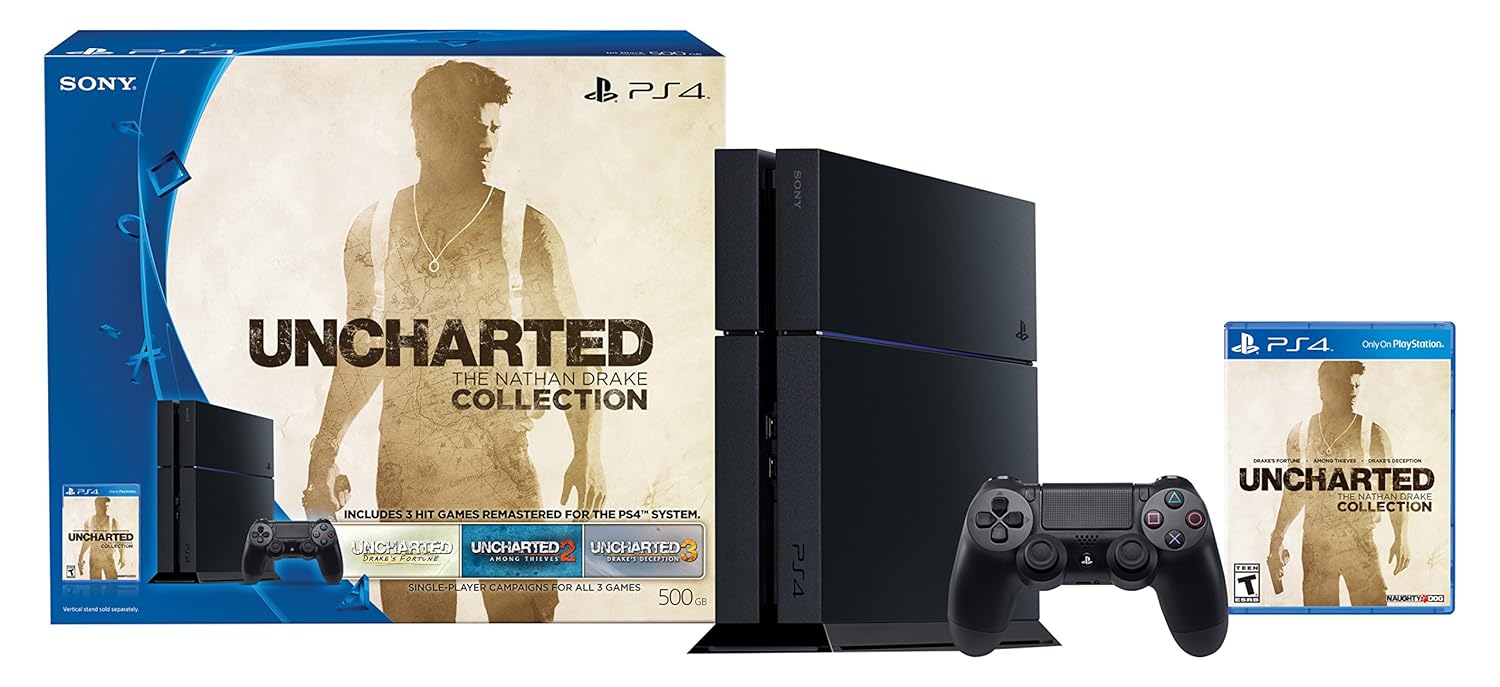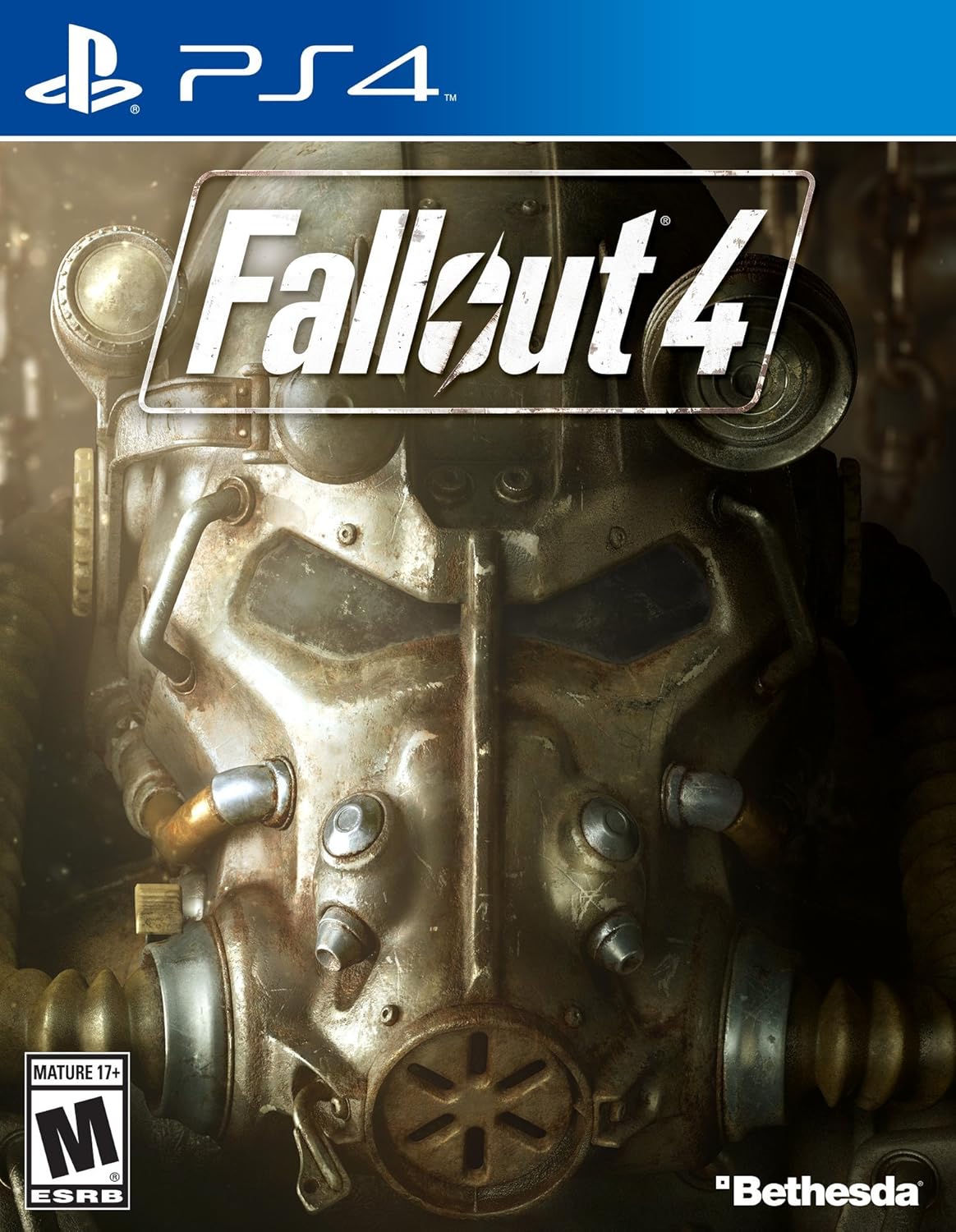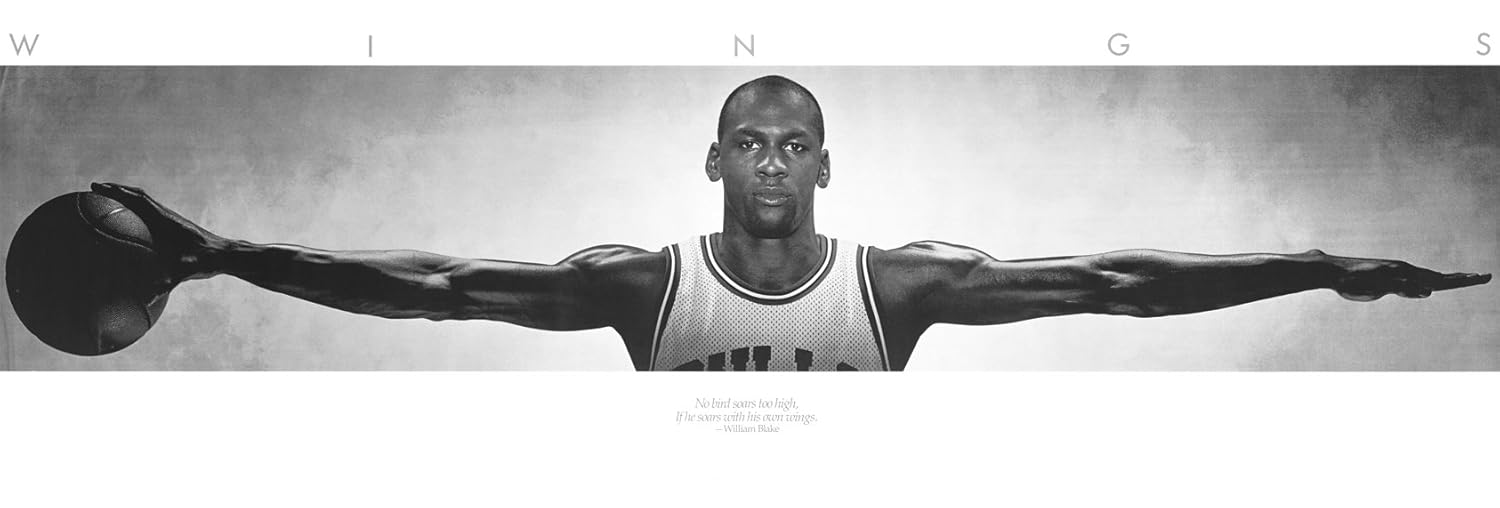I've been a big fan of gaming consoles since I was a kid. I had a Pong system way back in the day, and it's probably somewhere in my parents' attic right now. (Don't laugh; Pong was the sh!t.)
Later my dad, in his infinite cheapness, bought me an Atari knockoff that I still have to this day; it wasn't an Atari system but it played Atari games - kind of the way a Yugo will get you from place to place as well as a BMW will. It's buried at the bottom of a steamer trunk - along with a bunch Atari games like the original Mario Brothers (not Super Mario Brothers, so this is real old school) - and the last time I checked (about 20 years ago) it still worked. However, I'm unlikely to ever play that game system again; the last two TVs I connected it to went on the fritz shortly thereafter, and I blame the cheap-azz console for that.
Fast-forward to the present, and you'll find that I've advanced from knockoffs to premium brand consoles (not out of ego, but a desire not to ruin any more televisions). First and foremost on that list is the Sony Playstation. I've loved playing Sony games, and I was fine with being a customer for life. Then they released the Playstation 4.
Don't get me wrong, I've got nothing against the PS4 itself. I think it's a great console and constituted a nice step forward for the next generation of gaming. What bothers me, however, was the business decision by Sony execs not to make the gaming system backwards-compatible. In other words, it won't play games for previous-generation consoles. So nothing designed for the PS3 or earlier Playstation systems will work on the PS4.
To me, this is a complete slap in the face and shows a profound lack of respect for Sony customers. In essence, when an earlier PS console stops working (and at some point they will), the only options are to either not play those games any more, or buy a new PS, PS2 or PS3. (This is in addition to buying the PS4 if you want to play the latest games.) In essence, this feels like a decision that is ultimately designed to put more money into Sony's pocket. I mean, let's face it: most people are going to take the position of "you can't fight city hall." They'll gripe a little, but then shell out the cash for the PS4 with a what-are-you-gonna-do? mentality.
Personally, I feel like you can fight city hall. I think people - especially consumers - can make a difference on issues like this. (Remember "New Coke"? The public outcry was so bad that they had to bring back the original Coca-Cola. Good luck finding New Coke anywhere these days...) I may be a voice crying out in the wilderness, but I refused to bend on this topic. Thus, for the past two years, I have adamantly refused to purchase the PS4. (Yes, I know that Sony has yielded to some extent and is taking some steps in the right direction in terms of allowing the PS4 to play older games, but it's not enough and it's something they should have taken care of in the first place.) So I've been standing pat, refusing to yield since 2013 - my head bloodied, but unbowed. Until now.
Last month, Bethesda Game Studios released Fallout 4. I'm not even going to beat around the bush here: I love - I mean absolutely love - the Fallout series, and apparently others feel the same: Fallout 4 had the biggest game launch of the year, generating $750 million in sales during the first 24 hours of release. (By contrast, the next game on the list - Call of Duty: Black Ops 3 - generated $550 million sales during the first 72 hours of release.)
Without going into a lot of detail, in Fallout you play a customizable character in a post-apocalyptic world populated not only by people but also (just to name a few) mutated plants and animals, killer robots, murderous raiders...not to mention offshoots of humanity such as Super Mutants and irradiated ghouls. There isn't another game series out there like it. (If there is, someone please clue me in.)
Needless to say, I want this game. Badly. Possibly even bad enough to compromise my stance on buying a PS4. I haven't completely thrown in the towel, but when my wife pointedly asked if I wanted the PS4 for Christmas, I kind of whimpered instead of adamantly shouting "No!" as I have in the past. (I even made her aware of the fact that the PS4 bundle goes on sale Dec. 6 for $299.) In short, it seems that I may have caved in all but name only - I just haven't actually said the words. (I also can't bring myself to actually buy the PS4 of my own volition, which is why Mrs. Wonderful will have to do it.)
Of course, I'm wholeheartedly ashamed of my moral collapse on this issue. After all, somebody has to be willing to take a stand, even when it's futile. I fought the good fight for two years and was willing to keep at it indefinitely. In order to stay on point with my message, I would also have willingly forgone a lot: Uncharted 4 (which is coming in 2016), whatever's next in the God of War franchise, etc. But my Achilles heel has been revealed. Plainly speaking, Fallout 4 is simply a must-have for me. However, I will still continue to push for backwards compatibility, and to Sony I say this: you didn't break me or my resolve - Fallout 4 did.






